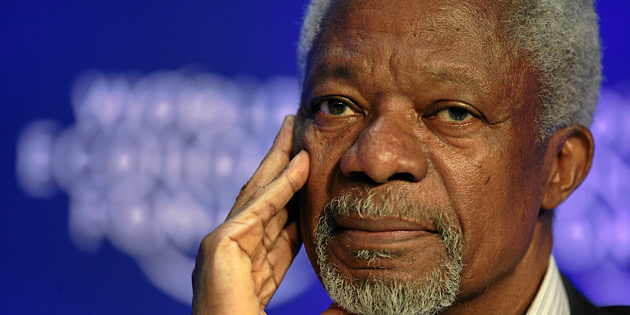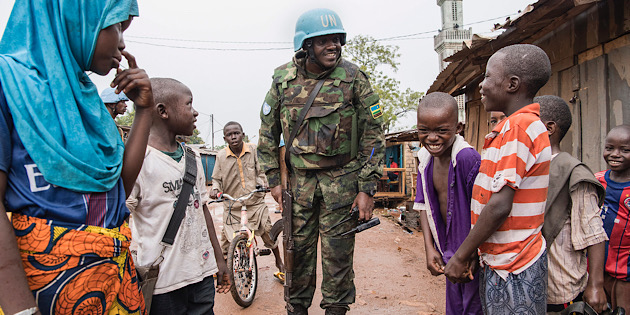Image courtesy of The White House/Flickr
Mediation Perspectives is a periodic blog entry that’s provided by the CSS’ Mediation Support Team and occasional guest authors.
In the evening of 1 June, one week into nationwide protests in the wake of the murder of George Floyd, US President Donald Trump left the White House and made his way to nearby St. John’s Church. He stopped in front of the church and posed for the media holding a Bible.





